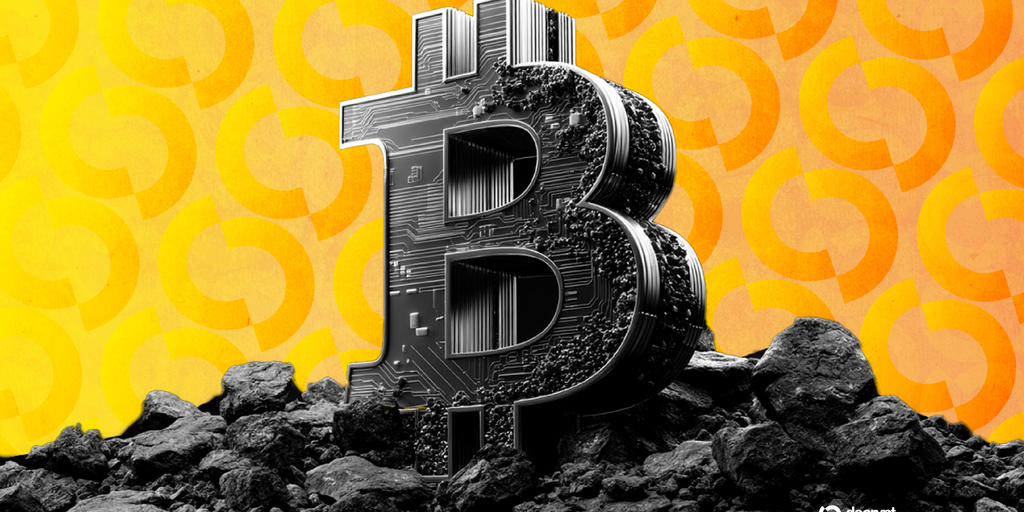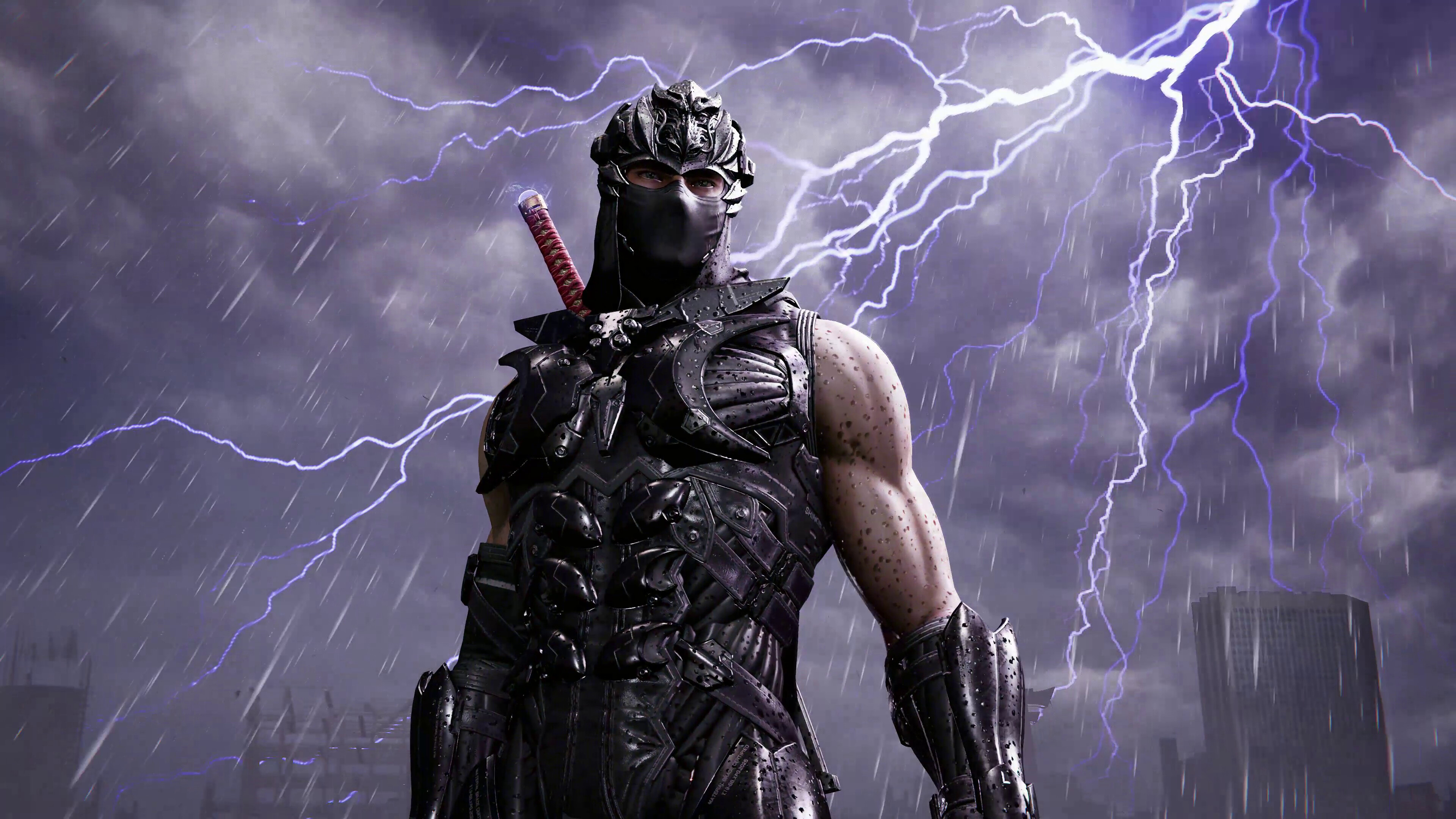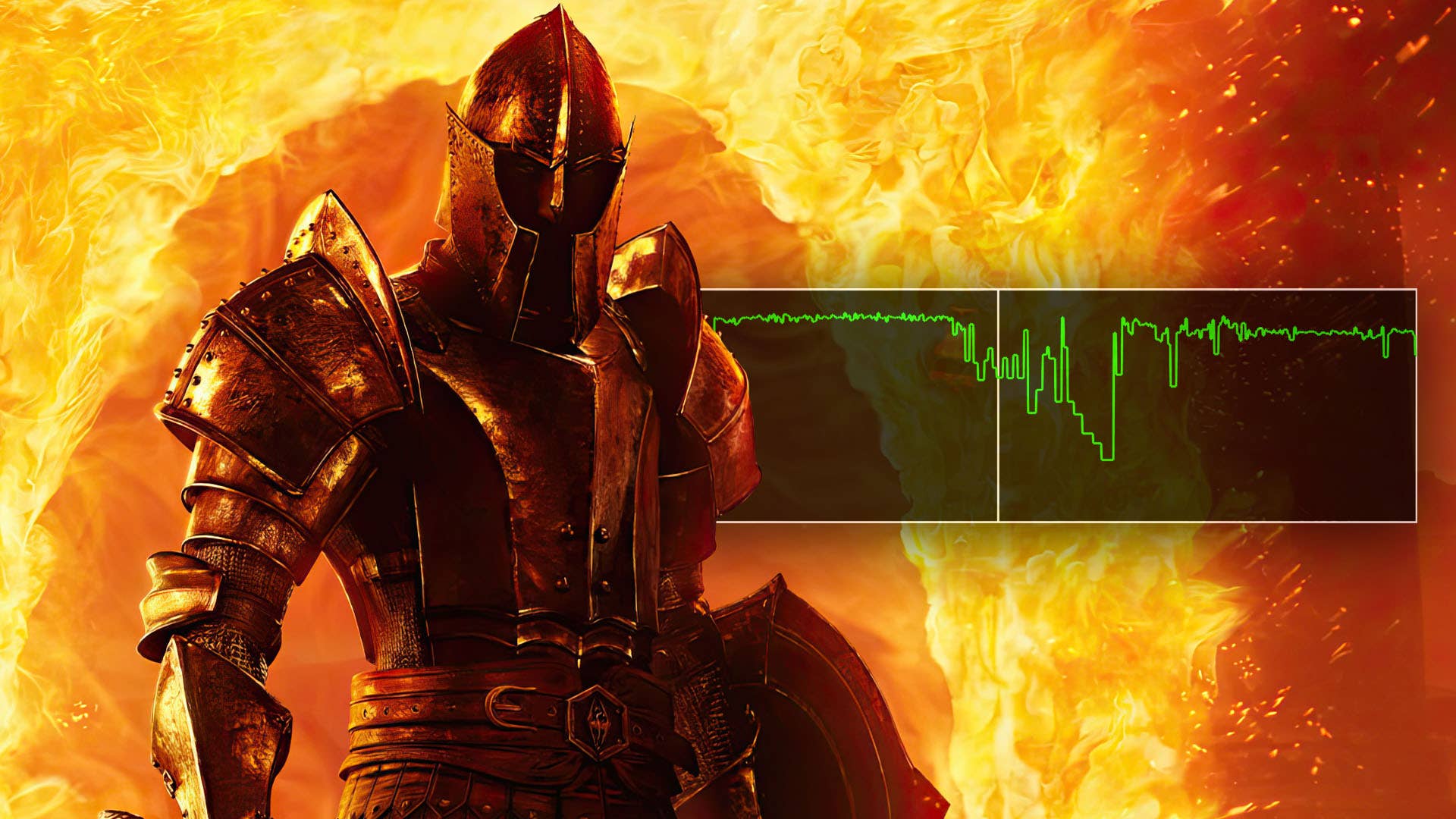I’m not a fan of fantasy, but this one book has pierced my veil
This has been taking me a while. But after many attempts that got lost in the fog, perhaps I now know how to approach this. Let's keep it simple for starters: Jonathan Strange & Mr. Norrell is a great book, worthy of all the plaudits it has received over the years. Two magicians appear in England in the Napoleonic era, with something otherworldly in the mist behind their backs amid a flock of ravens. If you like interesting magical worlds, endearing characters, many small details and lots of lore, you will feel right at home. You can go and enjoy it right now, and leave me with my odd little thoughts. You see, what I found most interesting about it is that I don't tend to like these things—or fantasy stories in general—and yet I deeply enjoyed the story all the same. Not only that, but it survived multiple revisits across different languages, even once I had an extra set of impressions layered atop the tale by reading the author's later work. So, what gives? Should I formulate a recommendation for people with a similar disposition—how very wooden, academic, almost Norrell-like of me to phrase it as such—and dive into what might make this the fantasy book for non-fantasy fans? Excuse the groan-inducing pun, but what exactly is the magic of Jonathan Strange & Mr. Norrell? Why is there no more magic done in England? Definitely not the title. First published in 2004, I first encountered this book quite a few years after its publication, back in my mid-teens, when I still mostly read translations rather than originals—in 2009, to be specific, according to my mother's kind words on the inside of my worn copy. While I could fill many columns about the issues with translated works, especially where title changes are concerned, lifting the primary antagonist and the key mythological figure—the Raven King—into the title still feels like a positive change to me. I can't believe this was published over 20 years ago. Image via Bloomsbury I suppose you could say I'm looking for extraordinary events and otherworldly ideas in my genre fiction, not a literal other world—especially when it is populated by regular people doing regular things. All too often, sci-fi and fantasy stories paint a fascinating backdrop to tell an otherwise mundane tale, all in the name of discussing the human condition, making me sad along the way for the missed opportunity. No, the rare sci-fi books that speak to me—think Blindsight or Snow Crash—go all the way with their outlandish approach, and if the author does take the time to build a detailed world with a myriad of rules, they're only there to be immediately broken. Jonathan Strange & Mr. Norrell doesn't really do that, though. There's something Lovecraftian lurking between its lines, something that stuck with me ever since I first read it. While our two mages are dealing with very human matters like the war, their social status, concerns of a bookish disposition, envy, marriage, and more, they unleash flickers of the old magic and the Faerie kingdom, with devastating consequences to themselves and others. So I hope you can see why I disagree with those who call this an "alternate history" novel. It goes a lot further than that. Those that came before us (and adaptations that followed) While the Raven King, or John Uskglass, remains shrouded in mystery, we get to learn a lot about the magic of old England and the aforementioned otherworldly kingdom. We can primarily thank the astonishing number of footnotes for that: Almost 200 of them are scattered across the story, almost all of them serving as classy lore dumps. I found it a great way to add prestige to the background tales and a good way to segment it out of the plot, and it is especially funny when the footnotes end up overtaking almost the entire page at the expense of the regular text sometimes. I'll leave plot details sparse here to avoid spoilers, but I'd like to mention our two title characters. Norrell sets the plot in motion at first, a reclusive bookworm with ideals that are easily corrupted, ill at ease in the social and political web of London. Mr. Strange is true to his name, but his earnestness makes him very likable, evened out by a recklessness that duly pays off by the final chapters. Their supporting cast is also strong, often playing straight into tropes but doing so strongly, well-realized throughout as they play out their part in the complicated tale. They are active, dynamic characters, even the reclusive Mr. Norrell, trying to form and control the events around them—and often coming short. Perhaps my pleasure boils down to the tension between what the reader knows and what the characters are aware of, the smallness and futility of their actions and the irrelevance of their many social goals they try to pursue over the story, digging an ever-deeper hole for themselves and England alike. Ultimately, I think this is where I found what I was looking for. The tension of knowing more than yo
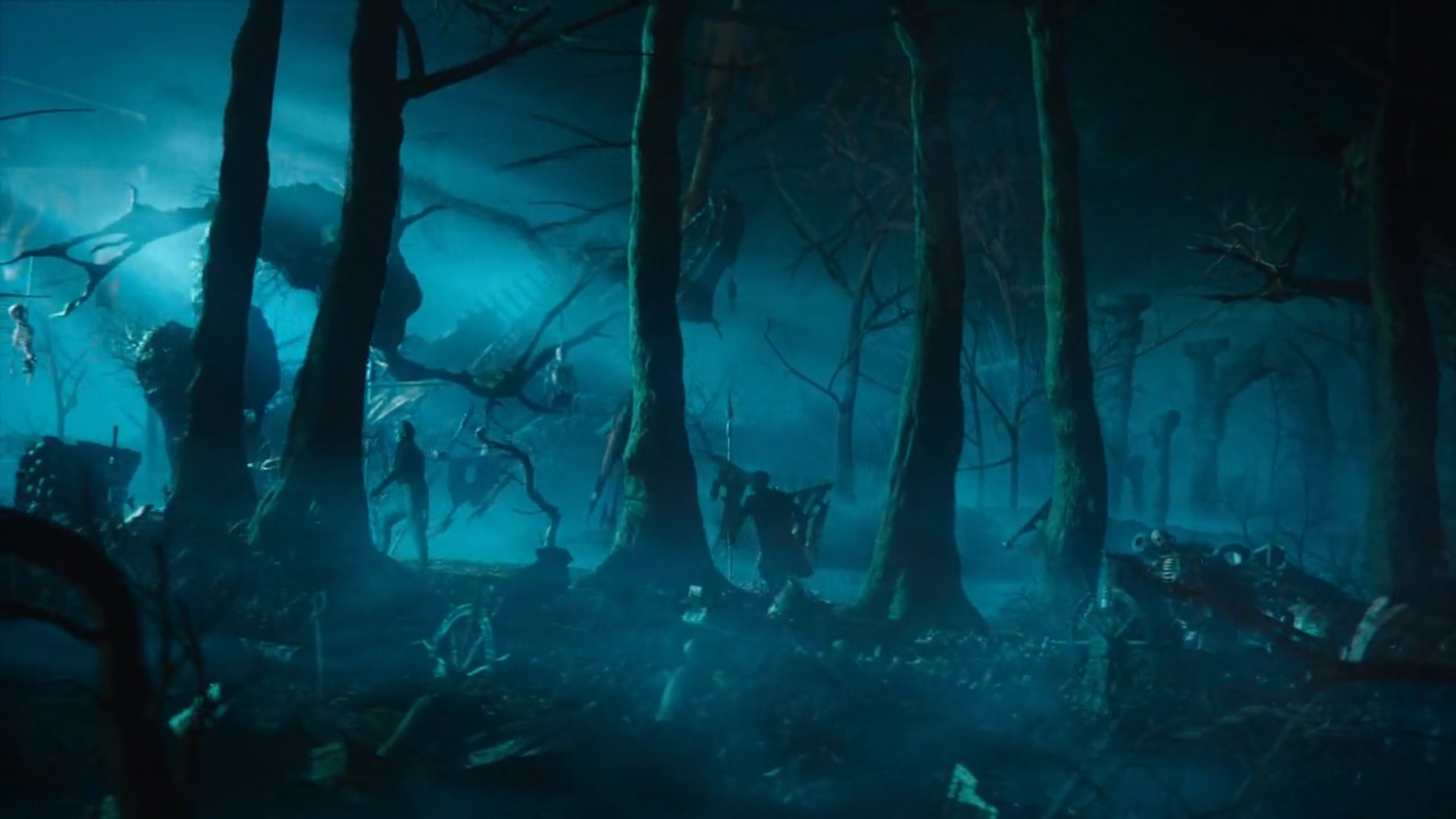
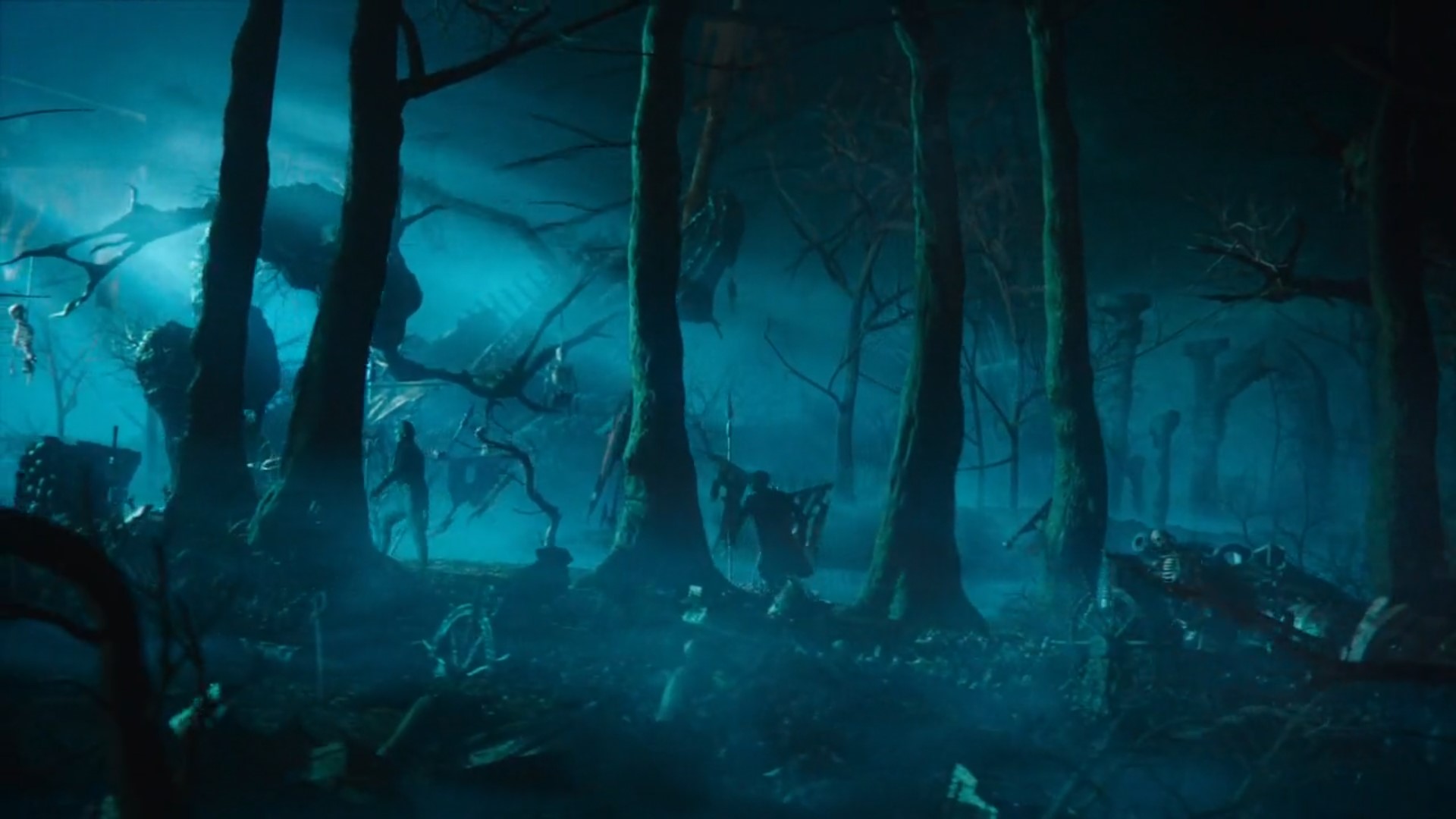
This has been taking me a while. But after many attempts that got lost in the fog, perhaps I now know how to approach this.
Let's keep it simple for starters: Jonathan Strange & Mr. Norrell is a great book, worthy of all the plaudits it has received over the years. Two magicians appear in England in the Napoleonic era, with something otherworldly in the mist behind their backs amid a flock of ravens. If you like interesting magical worlds, endearing characters, many small details and lots of lore, you will feel right at home. You can go and enjoy it right now, and leave me with my odd little thoughts.
You see, what I found most interesting about it is that I don't tend to like these things—or fantasy stories in general—and yet I deeply enjoyed the story all the same. Not only that, but it survived multiple revisits across different languages, even once I had an extra set of impressions layered atop the tale by reading the author's later work.
So, what gives? Should I formulate a recommendation for people with a similar disposition—how very wooden, academic, almost Norrell-like of me to phrase it as such—and dive into what might make this the fantasy book for non-fantasy fans? Excuse the groan-inducing pun, but what exactly is the magic of Jonathan Strange & Mr. Norrell?
Why is there no more magic done in England?
Definitely not the title. First published in 2004, I first encountered this book quite a few years after its publication, back in my mid-teens, when I still mostly read translations rather than originals—in 2009, to be specific, according to my mother's kind words on the inside of my worn copy. While I could fill many columns about the issues with translated works, especially where title changes are concerned, lifting the primary antagonist and the key mythological figure—the Raven King—into the title still feels like a positive change to me.

I suppose you could say I'm looking for extraordinary events and otherworldly ideas in my genre fiction, not a literal other world—especially when it is populated by regular people doing regular things. All too often, sci-fi and fantasy stories paint a fascinating backdrop to tell an otherwise mundane tale, all in the name of discussing the human condition, making me sad along the way for the missed opportunity. No, the rare sci-fi books that speak to me—think Blindsight or Snow Crash—go all the way with their outlandish approach, and if the author does take the time to build a detailed world with a myriad of rules, they're only there to be immediately broken.
Jonathan Strange & Mr. Norrell doesn't really do that, though. There's something Lovecraftian lurking between its lines, something that stuck with me ever since I first read it. While our two mages are dealing with very human matters like the war, their social status, concerns of a bookish disposition, envy, marriage, and more, they unleash flickers of the old magic and the Faerie kingdom, with devastating consequences to themselves and others.
So I hope you can see why I disagree with those who call this an "alternate history" novel. It goes a lot further than that.
Those that came before us (and adaptations that followed)
While the Raven King, or John Uskglass, remains shrouded in mystery, we get to learn a lot about the magic of old England and the aforementioned otherworldly kingdom. We can primarily thank the astonishing number of footnotes for that: Almost 200 of them are scattered across the story, almost all of them serving as classy lore dumps. I found it a great way to add prestige to the background tales and a good way to segment it out of the plot, and it is especially funny when the footnotes end up overtaking almost the entire page at the expense of the regular text sometimes.
I'll leave plot details sparse here to avoid spoilers, but I'd like to mention our two title characters. Norrell sets the plot in motion at first, a reclusive bookworm with ideals that are easily corrupted, ill at ease in the social and political web of London. Mr. Strange is true to his name, but his earnestness makes him very likable, evened out by a recklessness that duly pays off by the final chapters.
Their supporting cast is also strong, often playing straight into tropes but doing so strongly, well-realized throughout as they play out their part in the complicated tale.
They are active, dynamic characters, even the reclusive Mr. Norrell, trying to form and control the events around them—and often coming short. Perhaps my pleasure boils down to the tension between what the reader knows and what the characters are aware of, the smallness and futility of their actions and the irrelevance of their many social goals they try to pursue over the story, digging an ever-deeper hole for themselves and England alike.
Ultimately, I think this is where I found what I was looking for. The tension of knowing more than your characters, even on the first reading, and watching them still try energetically to get to their goal. This dynamic is furthered by the otherworldliness of what surrounds them—hence my appreciation for the fantasy setting.
Even the book's TV adaptation is worth a positive mention. The 2015 BBC miniseries does a fantastic job of capturing the mood and the atmosphere, and having watched it many years after reading the original book, I felt like many of the excisions made sense, with the exception of the slightly mangled ending. It was a shame to lose so much of the scholarly lore, but the tone and the allusions made it feel very much like the book I remembered, which is more than what most adaptations can boast.
The author, Susanna Clarke, started working on Jonathan Strange & Mr. Norrell in 1992, before I was even born. I couldn't fathom back then how it could have taken so long to write—these days, I'm more astounded by the fact that it didn't take even longer. Her struggles with chronic fatigue syndrome put any sequel ideas far away into the future, but we did get Piranesi in 2020, focused on a chamber in a parallel universe and being trapped within. It received rave reviews, and I enjoyed it myself, but the tension of the dramatic irony wasn't as strong for me as it was in the raven-filled adventure. Still, it also deserves a wholehearted recommendation. Her only other output, The Wood at Midwinter, is apparently also excellent, but a novelette-sized story disguised as a novel, so caveat emptor on that one.
While I'm not sure I'm closer to formulating a key answer to my original question—why Ilike Jonathan Strange & Mr. Norrell—I hope it served as an exploration of why it is good. Magic has returned to England, and also to my bookshelf, as a rare exception to many literary rules.
The post I’m not a fan of fantasy, but this one book has pierced my veil appeared first on Destructoid.
















